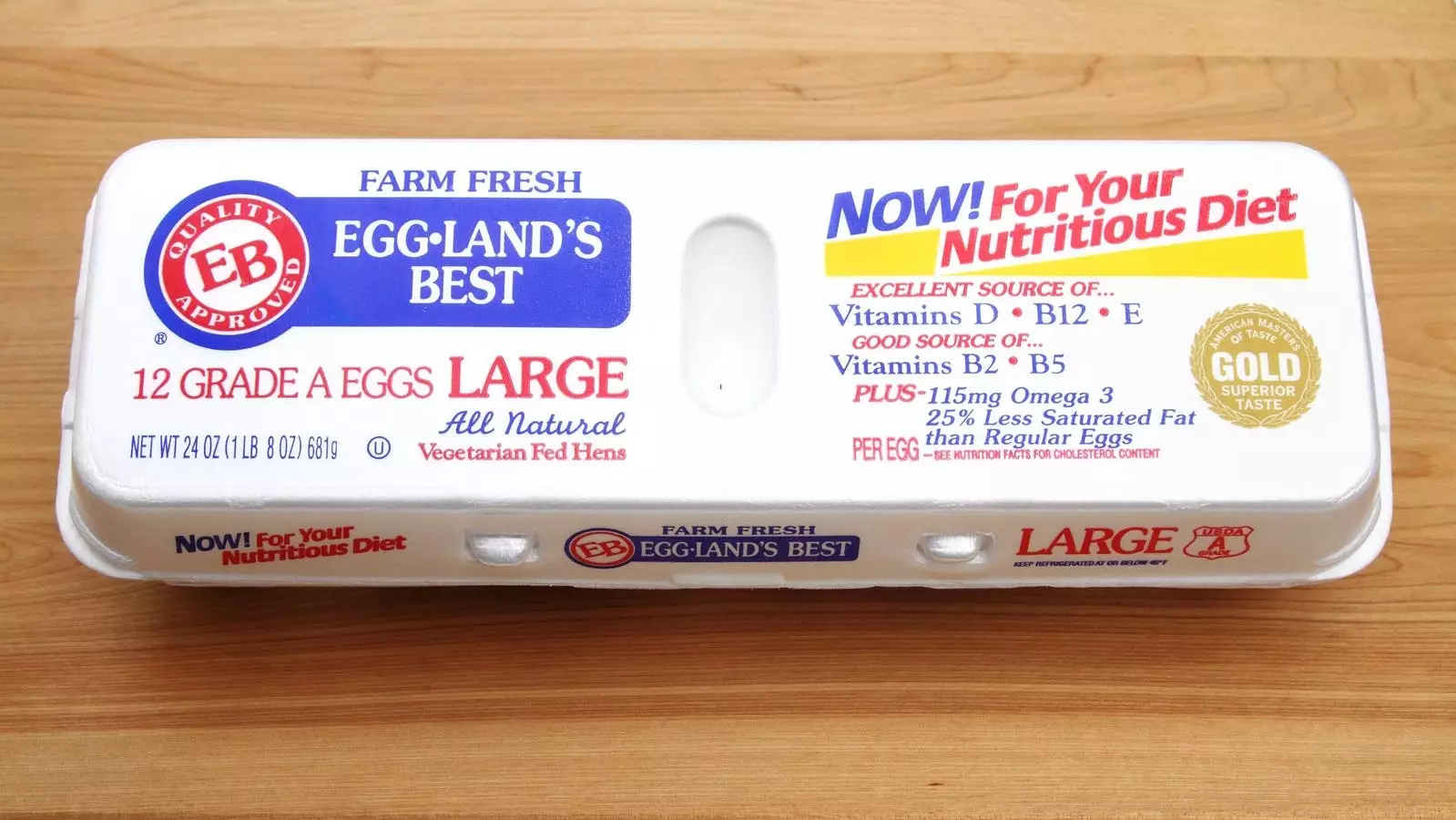In today’s digitally interconnected world, rumors can spread like wildfire, especially when they touch on sensitive topics like food safety and availability. A recent example involves Eggland’s Best eggs, which became the subject of a viral rumor alleging a recall. This unfounded panic has encapsulated broader societal fears regarding food security, prompting many to question what they can trust in their grocery aisles. This article aims to dissect the events leading to this misinformation and elaborate on the underlying anxieties surrounding food reliability in 2025.
Despite widespread hysteria, Eggland’s Best eggs were never officially recalled by health authorities. Reports by organizations such as Snopes confirmed that the FDA and CDC had issued no statements regarding an Eggland’s Best recall. Nevertheless, the company acknowledged on social media that several of its farms were affected by avian influenza. This unfortunate event resulted in some flocks being lost and contributed to regional egg shortages. The brand reassured consumers that their products remain safe and nutritious, thus addressing some of the fears circulating online.
While it is crucial to clarify that no formal recall was issued, the speed and intensity with which rumors spread demonstrate just how fragile consumer confidence has become regarding staple foods. The recent history of skyrocketing egg prices and food shortages has created a fertile ground for panic and misinformation. When consumers see companies like Eggland’s Best grappling with farm losses, the logical leap to assume a recall is understandable—especially in a climate where discussions of food safety are becoming increasingly poignant.
The backdrop to the Eggland’s Best incident is a food supply landscape punctuated by instability. In early 2023, egg prices reached record highs—approximately $4.82 per dozen—triggered by one of the worst avian flu outbreaks in U.S. history, decimating millions of egg-laying hens. This previous inflation has understandably heightened concerns among consumers, leading many to closely monitor market trends related to food products.
The egg market, like many other facets of the food industry, is highly susceptible to changes, be it from disease outbreaks, supply chain interruptions, or economic fluctuations. Even as prices fluctuated and first settled, reports of new regional shortages reignited fears among consumers that they might not reliably access basic necessities. When avian flu resurfaced, it acted as a catalyst for circulating rumors of a potential recall, despite the lack of verifiable evidence. Concern rose not merely from Eggland’s Best but from a general sense of insecurity regarding food availability.
The looming anxiety over food prices and supply stability is reshaping consumer behavior. According to a study from Purdue University, shoppers have become increasingly vigilant, altering their shopping habits in response to perceived shifts in food costs. For many, this means switching brands, stockpiling essential items, or proactively seeking out substitutes amid fears of further shortages. The Eggland’s Best saga is a poignant reminder of how consumer sentiment is evolving in response to real challenges faced by food producers.
With heightened awareness surrounding food recalls, even false alarms strike a chord with consumers. Searches for terms like “FDA food recalls” and “CDC recall on chicken” have surged, highlighting an uptick in consumer vigilance. The push to scrutinize food sources and recalls reflects not merely paranoia but a broader cultural shift where food safety and cost consciousness significantly influence purchasing decisions.
Misinformation surrounding Eggland’s Best eggs is more than a simple rumor; it epitomizes the anxiety consumers now associate with food security in 2025. For years, eggs and other staple foods were perceived as staples of reliability—readily available and affordably priced. However, recent experiences of price surges, food shortages, and increased recall awareness have prompted consumers to question if this simplistic view holds true.
Moving forward, consumers are likely to develop more cautious shopping habits, particularly with staple items that could be impacted by fluctuating prices and supply complications. The uncertainty regarding food security illustrates a shift in the consumer mindset; people are now prone to expect instability, leading them to react—sometimes disproportionately—when issues arise.
Though the Eggland’s Best recall rumors were unfounded, the situation highlights genuine fears about food security that extend far beyond a singular brand. As consumers navigate this uncertain landscape, their approaches to food purchasing and consumption will undoubtedly continue to evolve, shaping the future of food security for years to come.

